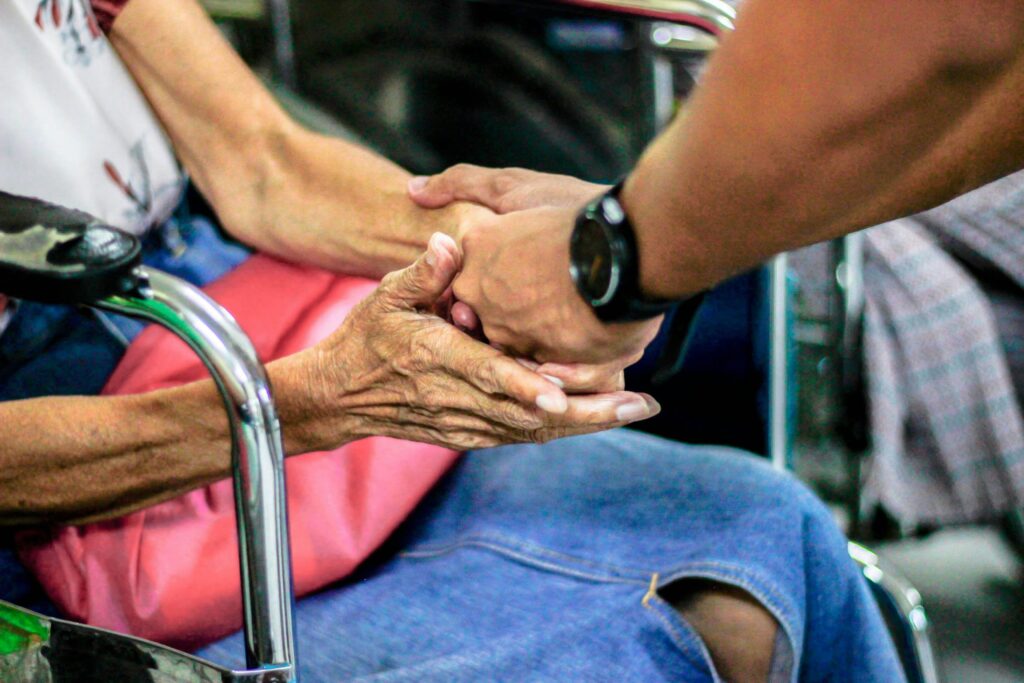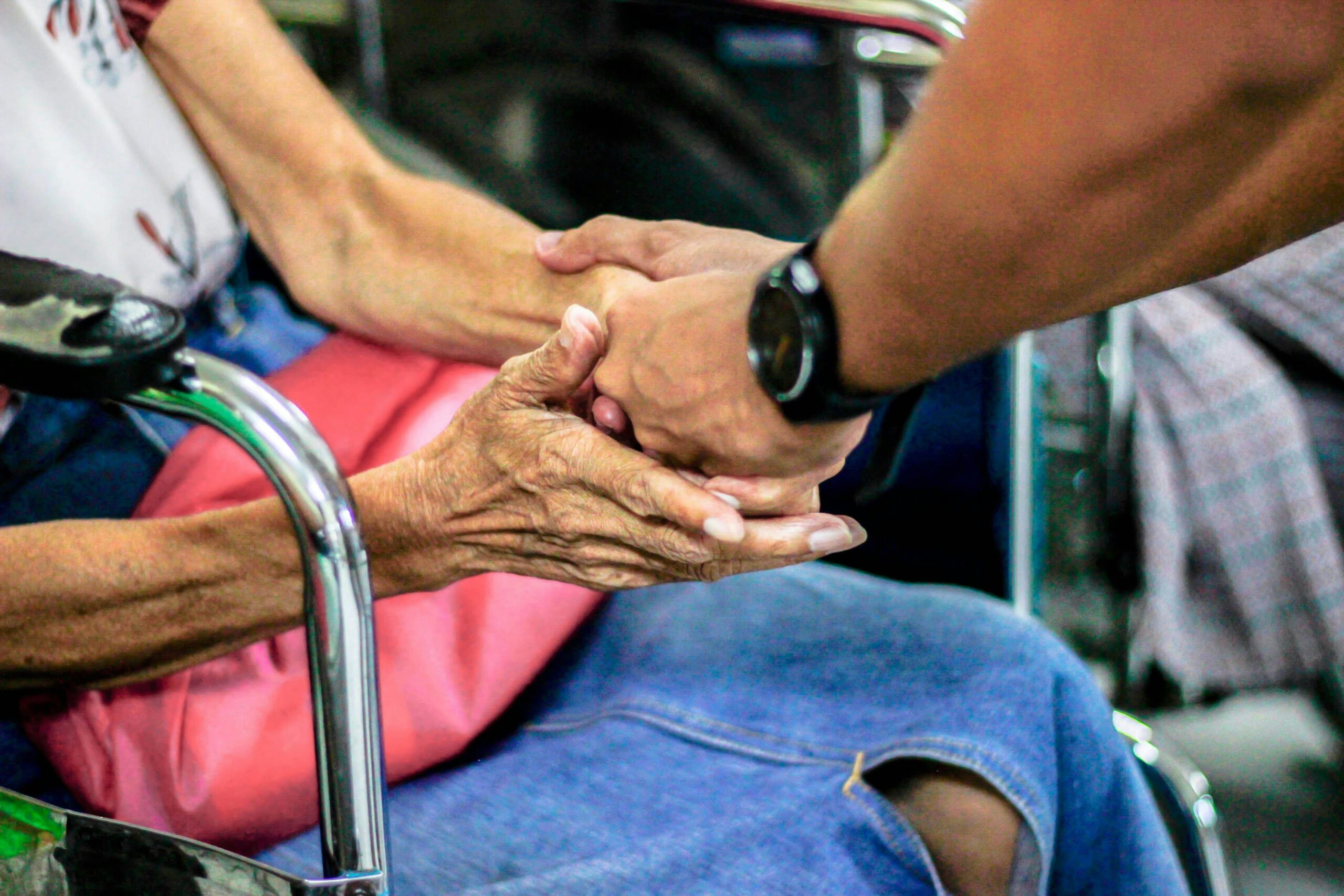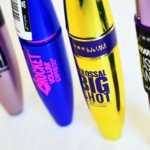They’re the quiet heroes of the modern age — the so-called sandwich generation. Juggling school runs and Zoom meetings, managing grocery lists for two households, and now, trying to make sure mom gets her blood pressure checked while helping their adult children find stable footing in an unforgiving economy.
It’s a full-time job. And no one’s really talking about it.
“It’s this silent pressure that people in their late 30s to 50s are shouldering,” says Tania Joffe, founder of Unu Health. “You’re not just raising kids anymore — you’re also parenting upwards. You’re emotionally and often financially responsible for your parents, especially if they couldn’t save enough for retirement. It’s a lot.”
South Africa’s sandwich generation is feeling the squeeze. Many elderly parents rely on their children for essentials — not just food and rent, but now, more urgently than ever, for healthcare. At the same time, adult children may be boomeranging back home, still trying to find their feet in a high-unemployment economy.
“It’s not uncommon for someone to pay for their child’s university fees and their mother’s blood pressure medication in the same month,” says Joffe. “And then their geyser bursts. It’s relentless.”
According to Stats SA, the average South African retiree’s savings fall drastically short of what’s needed for a comfortable retirement. Meanwhile, nearly half of South Africans aged 18–34 are unemployed. The ‘in between’ generation is holding it all together — barely.

In this environment, technology has become more than a convenience — it’s a coping mechanism.
“Services like Checkers 60/60, Uber Eats, and online grocery deliveries have become essential tools for this generation,” Joffe explains. “You can send mom groceries while you’re in a meeting. You can get meds delivered to your dad without leaving your desk. And now, with the rise of telehealth, you can make sure they see a doctor too — even if they don’t have medical aid.”
This is where Joffe and her team at Unu Health saw an opportunity to ease the burden — not by selling medical services, but by creating a tool that gives people a simple, practical way to help. The new Unu Health CareCard voucher allows users to gift medical care to anyone with access to a smart phone — a parent, a domestic worker, a struggling sibling — to use for doctor consultations, prescriptions, or blood tests.
“It’s dignity without dependence,” says Joffe. “You’re not handing someone money and saying ‘go figure it out’. You’re giving them access to quality healthcare, quickly and privately. It’s a subtle but powerful shift.”
The idea of family support is evolving fast. Once rooted in proximity and tradition, it’s now powered by WhatsApp calls and data bundles. The village still exists — it’s just gone virtual.
For Joffe, this shift isn’t just about convenience. It’s about changing the way we see caregiving altogether.
“There’s still a stigma around struggling to cope,” she says. “But the reality is, the sandwich generation needs help. Not handouts — just tools to lighten the load.”
Joffe is quick to point out this isn’t about selling healthcare apps or replacing real human interaction. “It’s about creating meaningful ways for people to care for each other,” she says. “Technology is just the enabler. What matters is the intention.”
The Unu Health CareCard won’t solve the retirement crisis or make varsity fees disappear — but for a generation stretched too thin, it might just provide a moment of relief, a way to show up for a loved one, even from a distance.
And in a world where support looks a little different these days, that might be just enough to keep the village going.
For more information, please visit www.unuhealth.org















